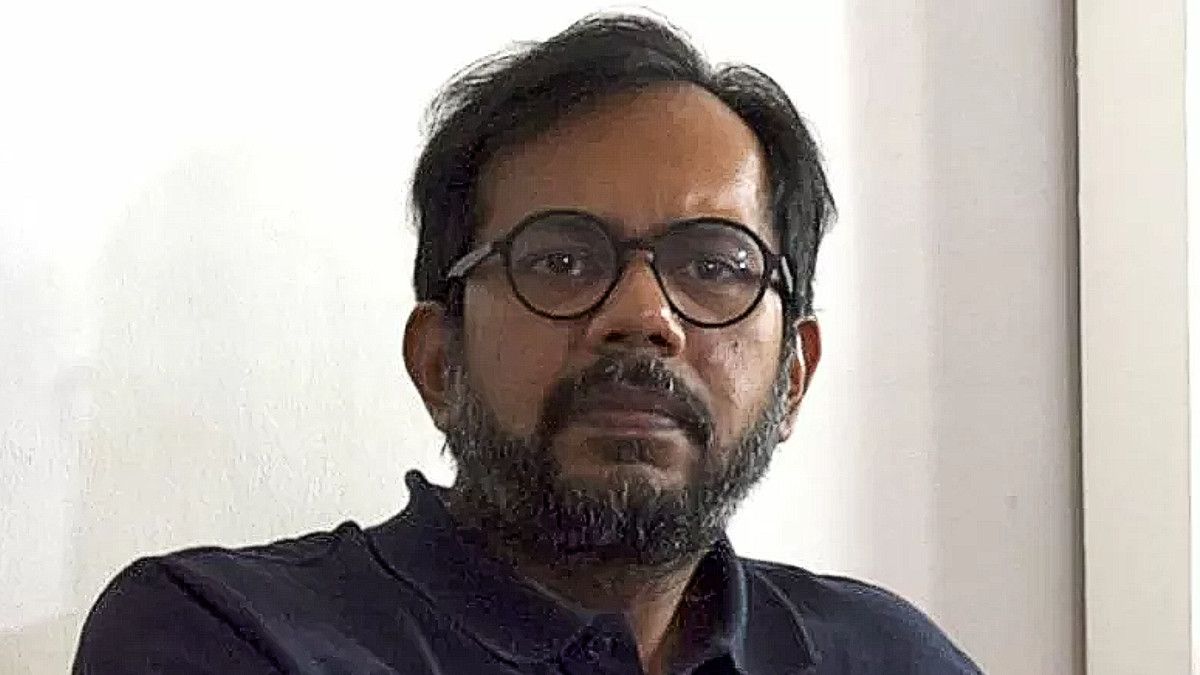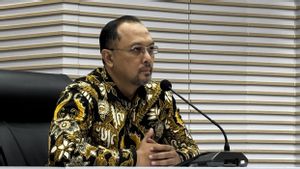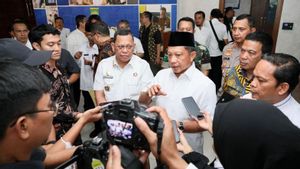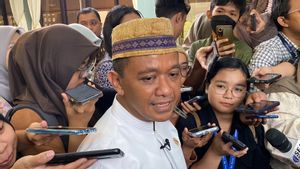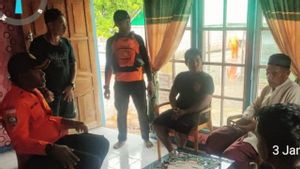JAKARTA - Human rights activist and Lokataru Director Haris Azhar alluded to the criminal acts against the dignity of the President and Vice President in the draft revision of the Criminal Code submitted by the government to Commission III of the Dpr yesterday.
The rules are contained in Article 217 and Article 218. Article 217 provides for a maximum penalty of 5 years binding on the person who attacks the President or Vice President.
Meanwhile, Article 218 provides for a maximum penalty of three years and six months in prison to persons who commit an assault on the honor or dignity and dignity of the President and Vice President.
"This is why the president is made a demigod, that's a public office!" said Haris on the Refly Harun YouTube channel, Thursday, July 7.
Haris explained that opinion and expression are human needs from birth so that they cannot be contested by anyone.
Whether it is gradual, constructed or requires space, Haris emphasized that opinion and expression are bound by human rights or human rights protected by the law.
However, freedom of opinion and expression will certainly be further threatened by the rules of honor and dignity of the head of state and his deputies, which are contained in the draft revised criminal code.
Whereas on the one hand, he said, it has not been released in memory, many cases of restraint on free speech arise due to the rubber articles of the ITE Law which are currently unresolved.
"There are a lot of them now, if it is now, I'm sorry, it's a bit legal. If in law enforcement using the ITE Law, it is called a formal offense, it is not proven," he said.
Haris then criticized the ITE Law, which he considered needed further proof when a person or a group was accused of being guilty of opinion or expression in public.
However, in many cases entangled in the ITE Law, said Haris, the losses and damage caused still cannot be proven concretely.
"It is considered to have done, but it did not cause any loss, it was not proven that there was any damage, it was immediately convicted," said Haris.
"Where is it wrong. It is tested what is detrimental, and at what time the state should participate," he continued.
Reflecting on cases sourced from the rubber article of the ITE Law, Article 217 and Article 218 of the revised criminal code draft can also be similar. Haris also assessed that the case of using the ITE Law was not used as a lesson for the government and the DPR as partners and lawmakers.
"And finally we now don't know the learning about the restrictions of those expressions. What emerges is, an instrument to repress groups that are not liked," he said.
The English, Chinese, Japanese, Arabic, and French versions are automatically generated by the AI. So there may still be inaccuracies in translating, please always see Indonesian as our main language. (system supported by DigitalSiber.id)
